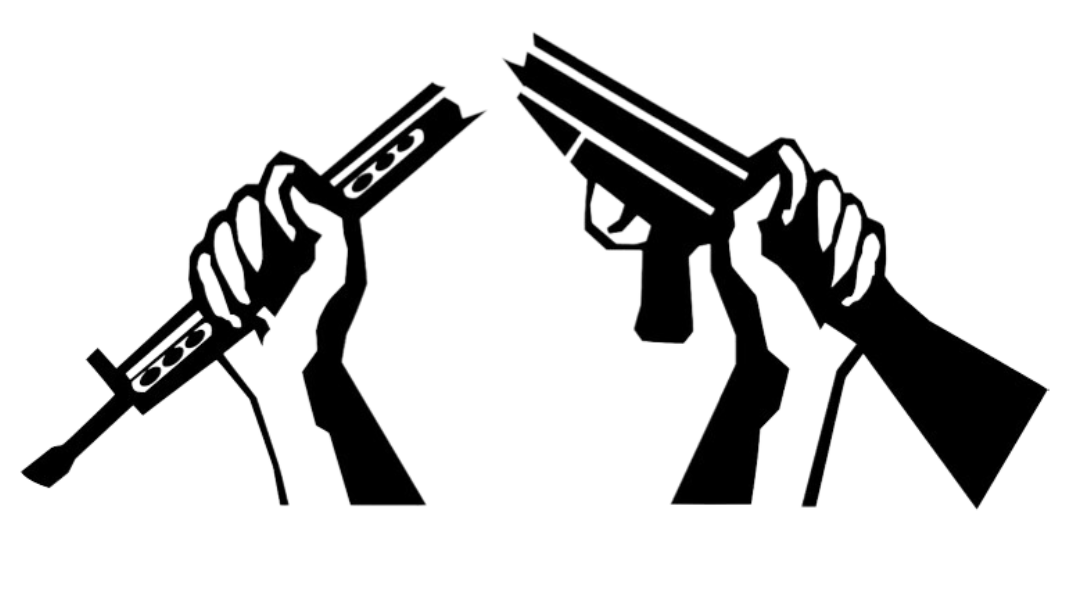
The North Atlantic Treaty Organization (NATO) is a military alliance between 32 of the world's richest countries aiming to maintain their global hegemony. The key part of NATO's charter is Article 5, which states that an attack on one member country is to be considered as an attack on all member nations. Historically created to respond to the Korean War (1950-1953), the alliance goal is to defend the interests of capitalist countries during the Cold War. However, with the fall of the Soviet bloc in 1989, NATO redefined its mission by granting Major Non-NATO Ally (MNNA) status to countries like Israel and South Korea. NATO positions itself to intervene in international conflicts in order to maintain the dominance of the Global North on the world stage. This is achieved by defending countries on the borders of empires that are seen as threatening the interests of Northern countries, such as Russia or North Korea.
Is NATO acting in order to prevent military offensives on third party States, forcing therefore the imperialists states to resolve conflicts without impacting civil populations? It's quite the opposite! Since the ending of the cold war, responding primarily to the United States interests, NATO has participated in the Afghanistan occupation that started in 2001 and to the Irak wars of 1990 and 2003. In two of these three cases, NATO's interventions aimed to maintain governments installed by the United States, either after the removal of Saddam Hussein in 2003 or Mullah Omar in Afghanistan. After long lasted occupations, these countries stayed in a stated of complete instability, meanwhile their civil infrastructures are crumbling.
NATO exerts its influence through two kinds of power: hard power, or direct military intervention like the Kosovo bombardments in 1999, and soft power, strategies aimed at influencing foreign policy through diplomacy, economic sanctions, and the West’s cultural omnipresence. No matter how diplomatic it may seem, however, NATO remains a coercive organization because its power rests on the implicit threat of military intervention, largely backed by the infinite military resources of the United States. The soft power of NATO, despite its diplomatic veneer, is thus imbued with military threat.
The Palestinian people, who have suffered Zionist atrocities for over 75 years, have the moral and legal right to defend themselves. In spite of this moral and legal right, however, any attempt at resistance against a key NATO ally like Israel is perceived as a threat to all member countries. Although NATO does not intervene directly in Palestine, it allows Israel to continue its genocidal actions via the tacit support of the Global North, most notably the United States, the main pillar of the Alliance. By tolerating each and every crime against humanity that Israel commits, NATO is issuing a strong message to any other global actor who would dare rise up against Western capitalist interests by making sure to show off what kind of repression they would suffer, up to the complete eradication of a people. By maintaining his power through such a regime of terror, NATO is itself a terrorist organization.
All G7 countries, with the exception of Japan, are NATO members, with Japan holding a MNNA status. Several articles in NATO's charter reference directly to the United States as secretary of the treaty. Their decision-making structures have evolved through the years, such as the creation of parliamentary assemblies in 1950, one of which is about to visit Montreal. These parliamentary assemblies are the largest debating space in the NATO system, bringing together 274 delegates from the 32 member countries, along with a few observers. The highest decision-making body remains the North Atlantic Council, composed of the 32 delegates, one per member country.This military assembly knowingly acts to push interests promoting global north countries domination. The decisions coming from this assembly aims to maintain the impoverishment of global south countries, furthering the accumulation of wealth in the north at the expenses of the poorests states. Much more than a warlike version of the UN, NATO commitment to take military action if countries in the Global South seek to free themselves from capitalist constraints.
